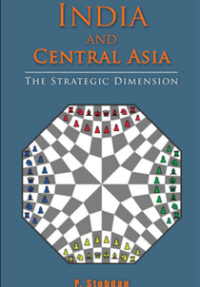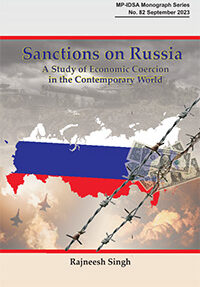BRICS: A Limited Role in Transforming the World
The emergence of BRICS is a reflection of the economic power shift from the north to the south. BRICS cooperation is driven by their shared identity as emerging economies. BRICS will play a bigger role in reshaping the world economic order through reform of the existing international institutions and within the framework of G20. It is in no way aimed at toppling the existing world order or forming an anti-West bloc.
- Li Li
- November 2019








